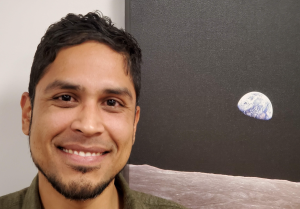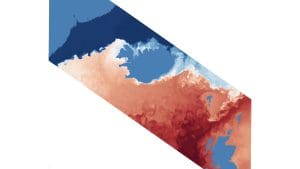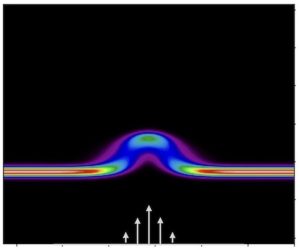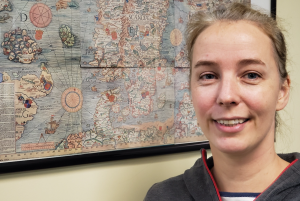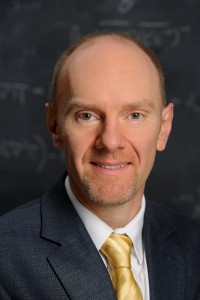 Office: 301 & 329 Olin Hall
Office: 301 & 329 Olin Hall
P/F: 410-516-7048/410-516-7933
Email: [email protected]
Ocean Circulation and Dynamics, Ocean’s Role in Climate
My overall research interest is the fundamental understanding of the physics of the basin-scale ocean and its role in Earth’s climate. I am involved in improving estimates of the geophysical state of the ocean circulation through analysis of field data and circulation model results. The subpolar North Atlantic and Arctic Ocean ventilation process (rates, pathways, variability, and mechanisms) interest me in particular. High latitude physical oceanography, in both hemispheres, is another research theme. I also investigate key physical processes that maintain the state of the global upper ocean focusing on fluid dynamics and thermodynamics and their role in controlling sea surface temperature variability over years to decades. These are all examples of rotating stratified fluid dynamics, an amazing and beautiful subject.
Knowledge of these processes is vital if we are to describe and understand climatic fluctuations on time-scales of years to decades. At these low frequencies we know that the ocean and atmosphere interact as a coupled system. Understanding low frequency natural climate perturbations is clearly a problem of special current relevance. Further, explaining natural climate variability is a prerequisite of addressing mankind’s effect on global climate.
Moreover, this understanding guides our thinking about other oceans in time and space. Recent discoveries of extra-terrestrial oceans in our solar system and recognition of how much Earth’s ocean has changed in the past, galvanizes me to think about the role of oceans in planetary system dynamics writ large.
Or, to quote the visionary polymath Alexander von Humboldt (1769–1859):
It is the duty of philosophers to determine and adjust their various elements, according to the sublime model of astronomical science, in order that some of those eternal laws may be made known by which the climatic changes of the firmament are dependent on the liquid and aerial currents of our planet.
Academics
2012–2018 Morton K. Blaustein Chair and Professor of Earth & Planetary Sciences, Johns Hopkins University.
2000– Assistant, Associate, then Full Professor, Johns Hopkins University.
1996 University Lecturer in Physics, University of Oxford, UK.
1994 Postdoc, MIT.
1993 Ph.D. Physical Oceanography, University of Southampton, UK (alumnus profile).
1992 M.A. Physics & Theoretical Physics, University of Cambridge, UK.
1988 B.A. Physics & Theoretical Physics, University of Cambridge, UK
Recent full CV with full publication list
![]() RSS news feed: https://sites.krieger.jhu.edu/haine/?feed=rss2
RSS news feed: https://sites.krieger.jhu.edu/haine/?feed=rss2

